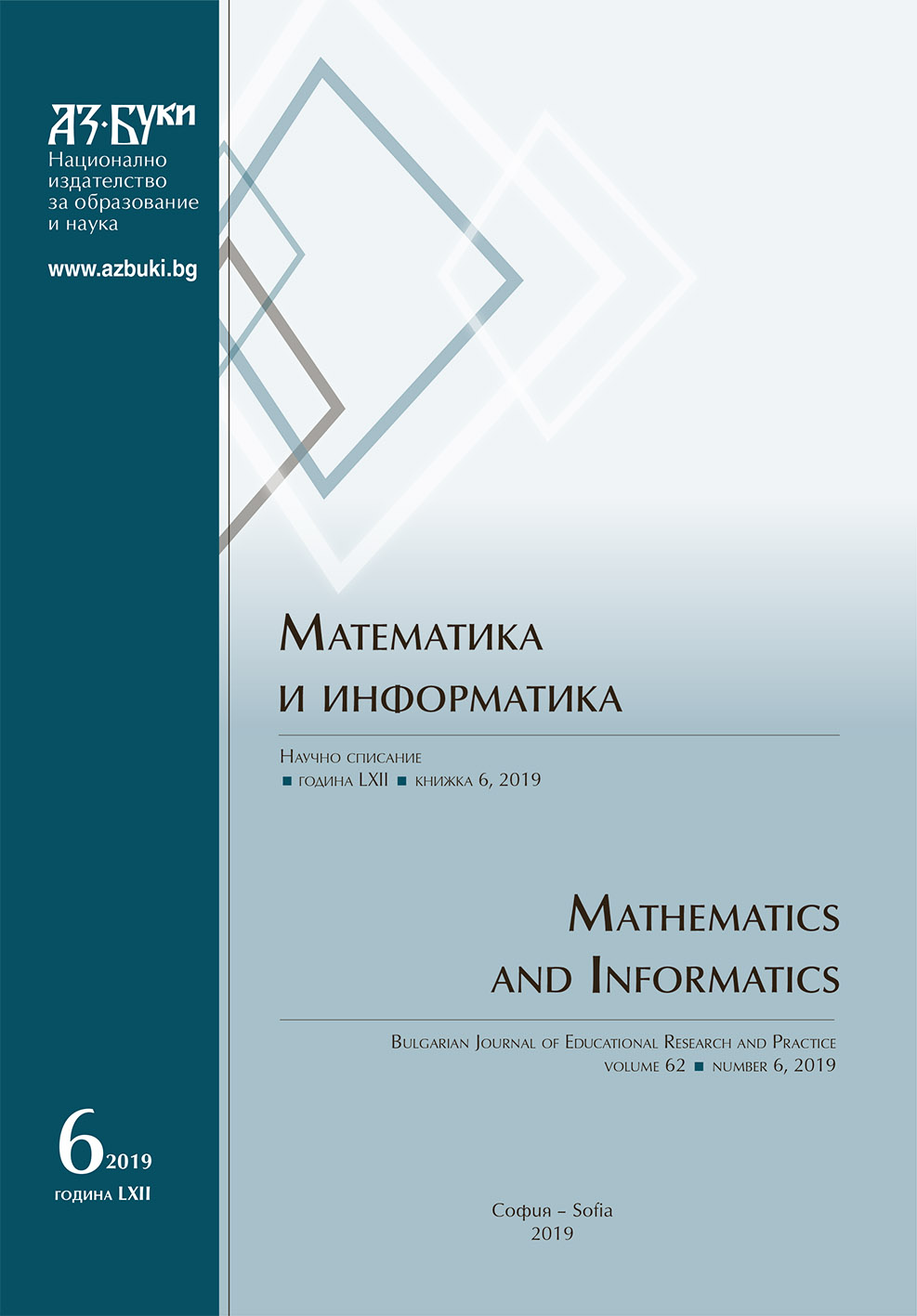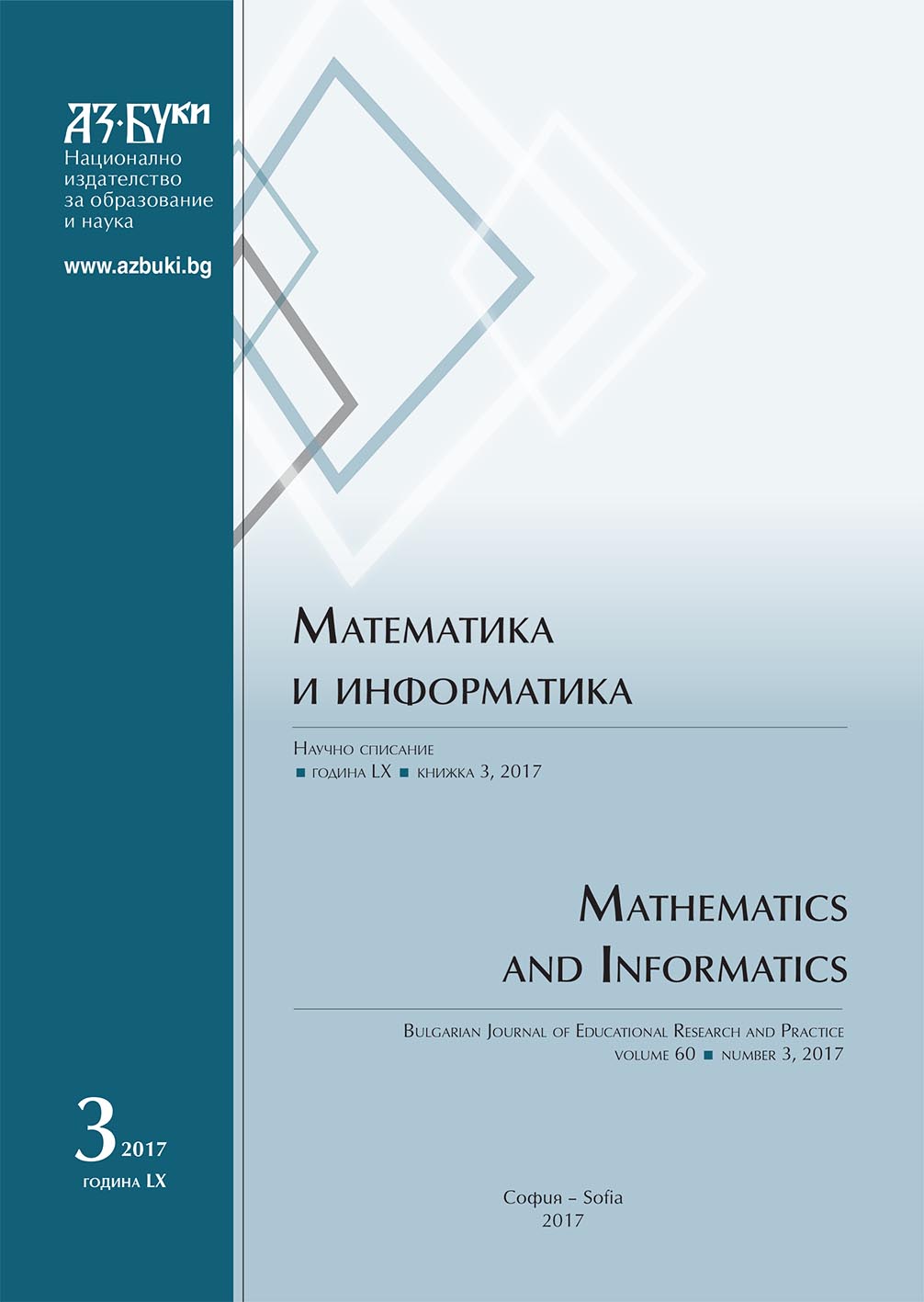
We kindly inform you that, as long as the subject affiliation of our 300.000+ articles is in progress, you might get unsufficient or no results on your third level or second level search. In this case, please broaden your search criteria.

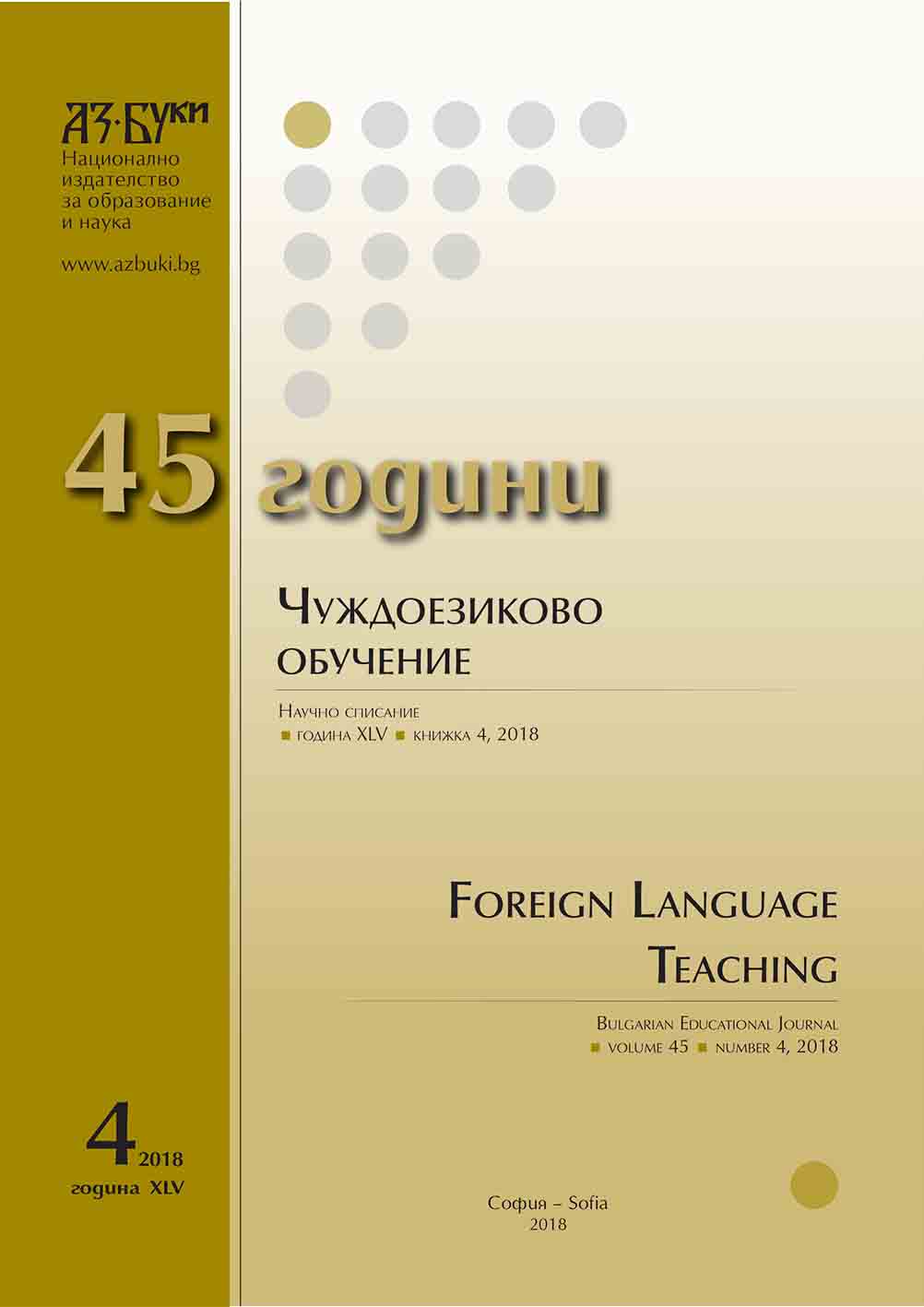
The X International Qualification School “Modern Pedagogical Technologies in Teaching Russian as a Foreign Language (RFL)” is organized by Varna Free University with the support of the Foundation “Russkiy Mir”.The School is part of the scientific calendar in Bulgaria (2009 – 2018) and since 2011 has become one of Europe’s most famous methodological schools for young Russian teachers. More than 480 teachers have improved their methodological knowledge and skills. Leading European universities send their students to participate in this school. In 2018 the participants represent 14 universities from 10 countries: Brest State University (Belarus), Bucharest University of Economic Studies (Romania), Budapest University (Hungary), Jagiellonian University (Poland), Masaryk University (Czech Republic), Pedagogical University of Cracow (Poland), Plovdiv University (Bulgaria), Russian State Pedagogical University (Russia), Samtskhe-Javakheti State University (Georgia), Sofia University (Bulgaria), University of Milan (Italy), University of Belgrade (Serbia), Shumen University (Bulgaria) and Varna Free University (Bulgaria).
More...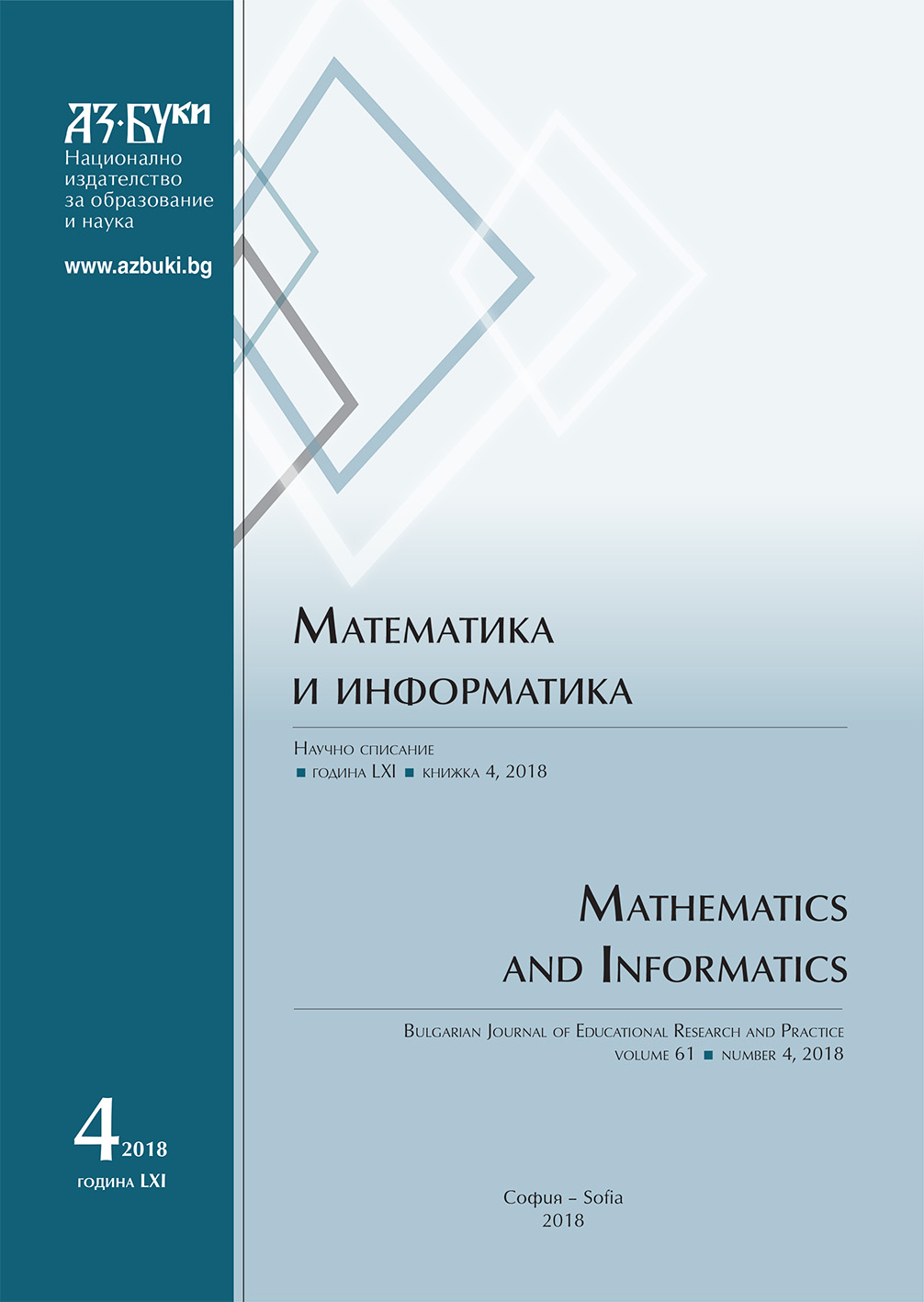

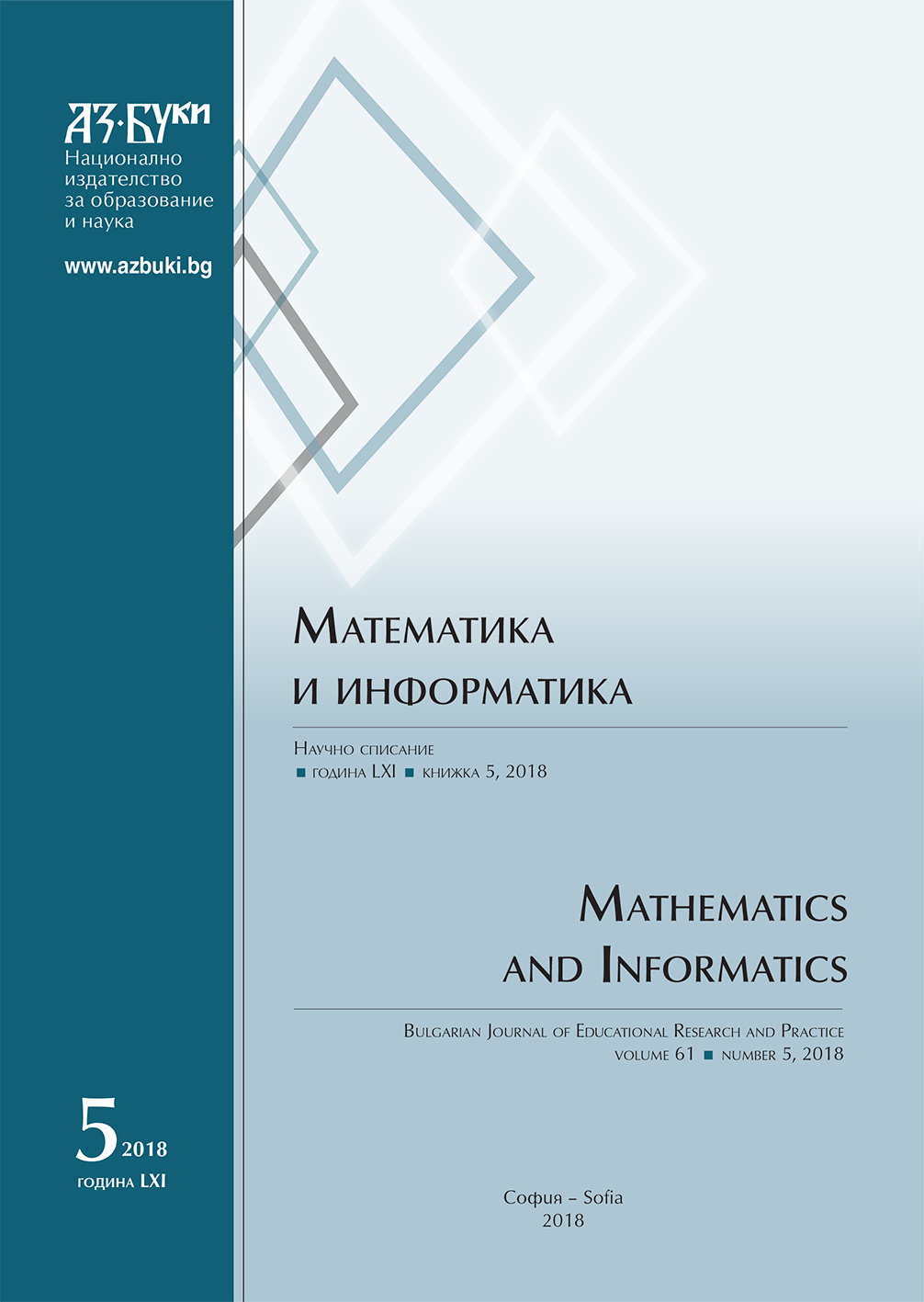
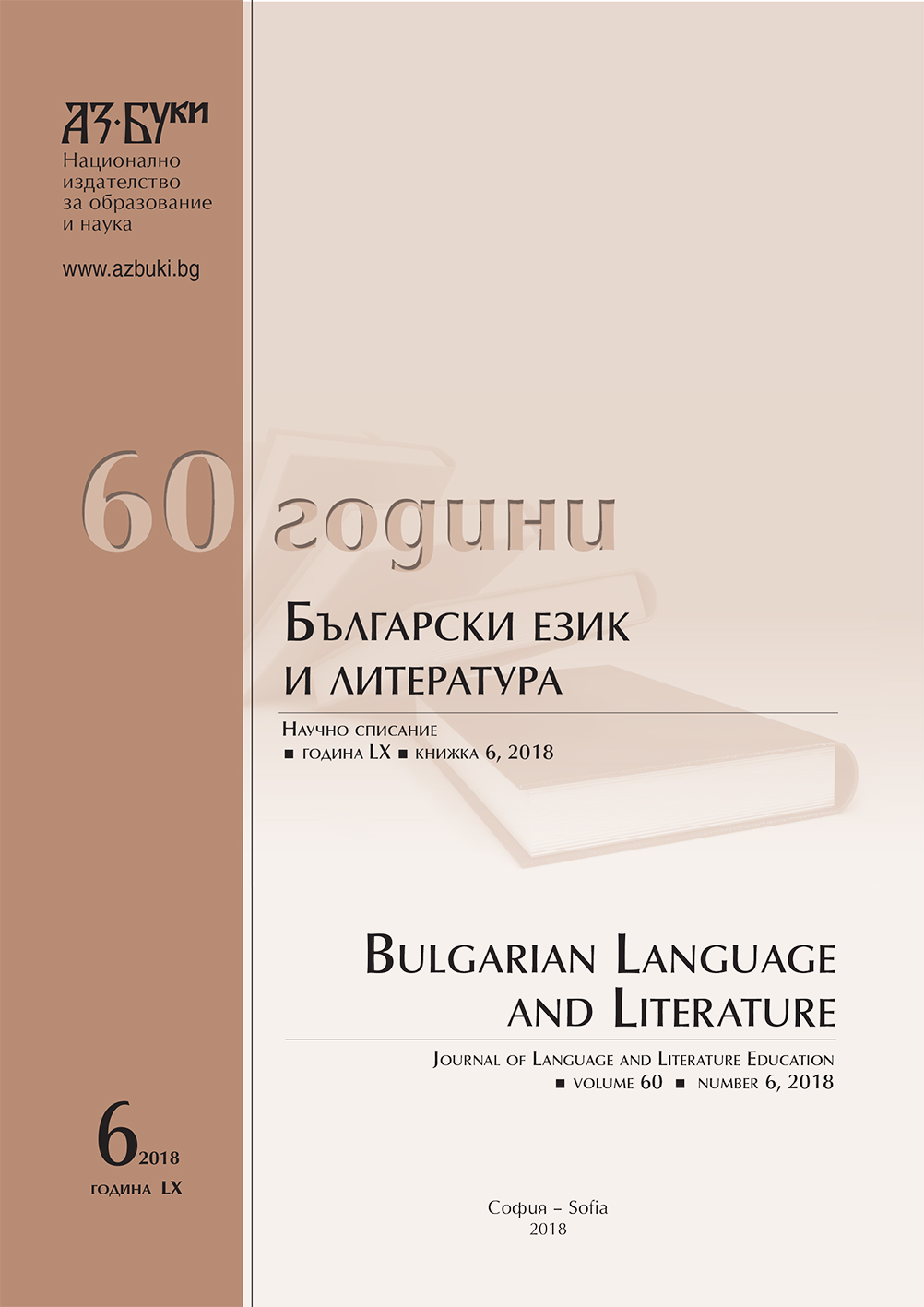
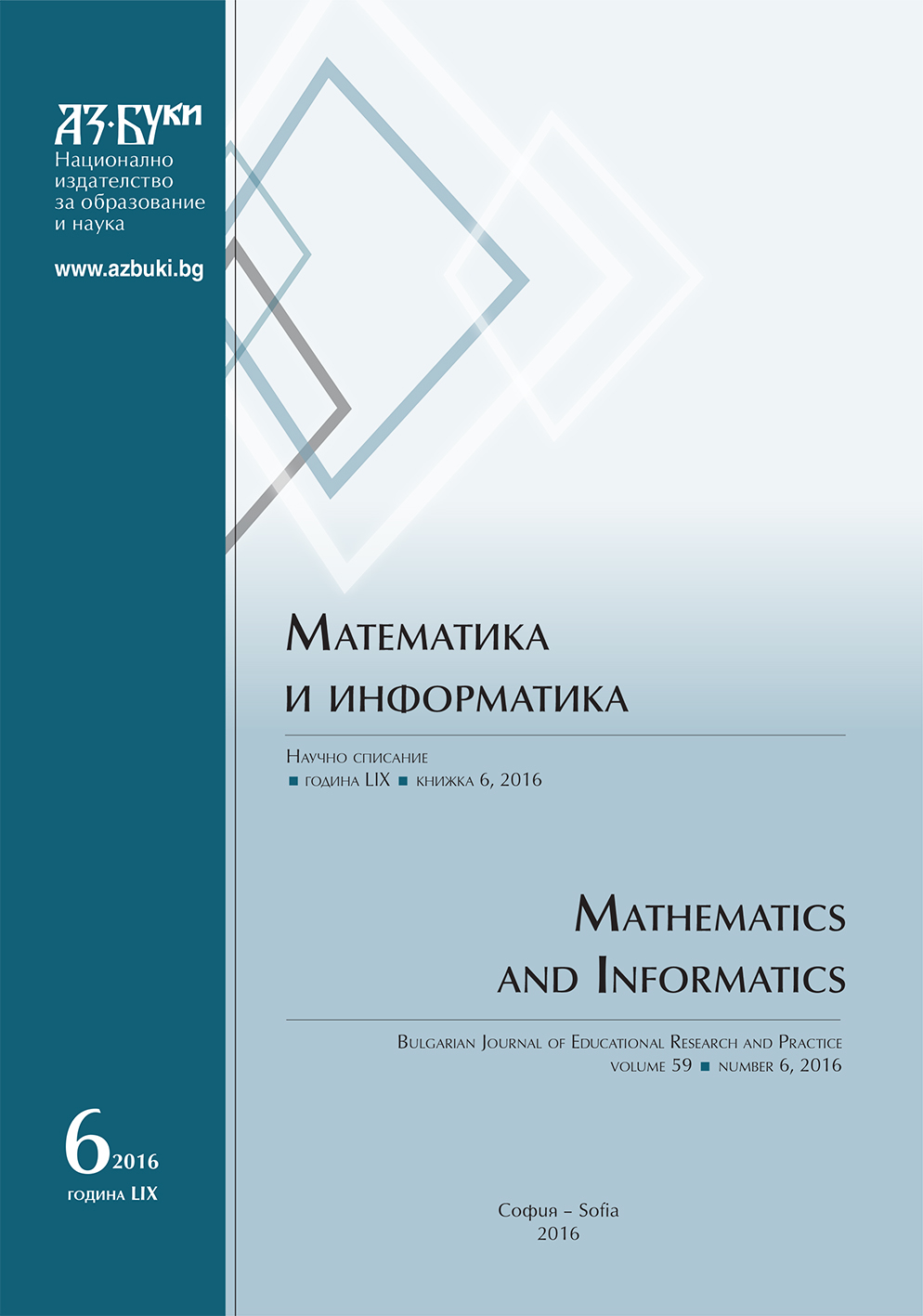

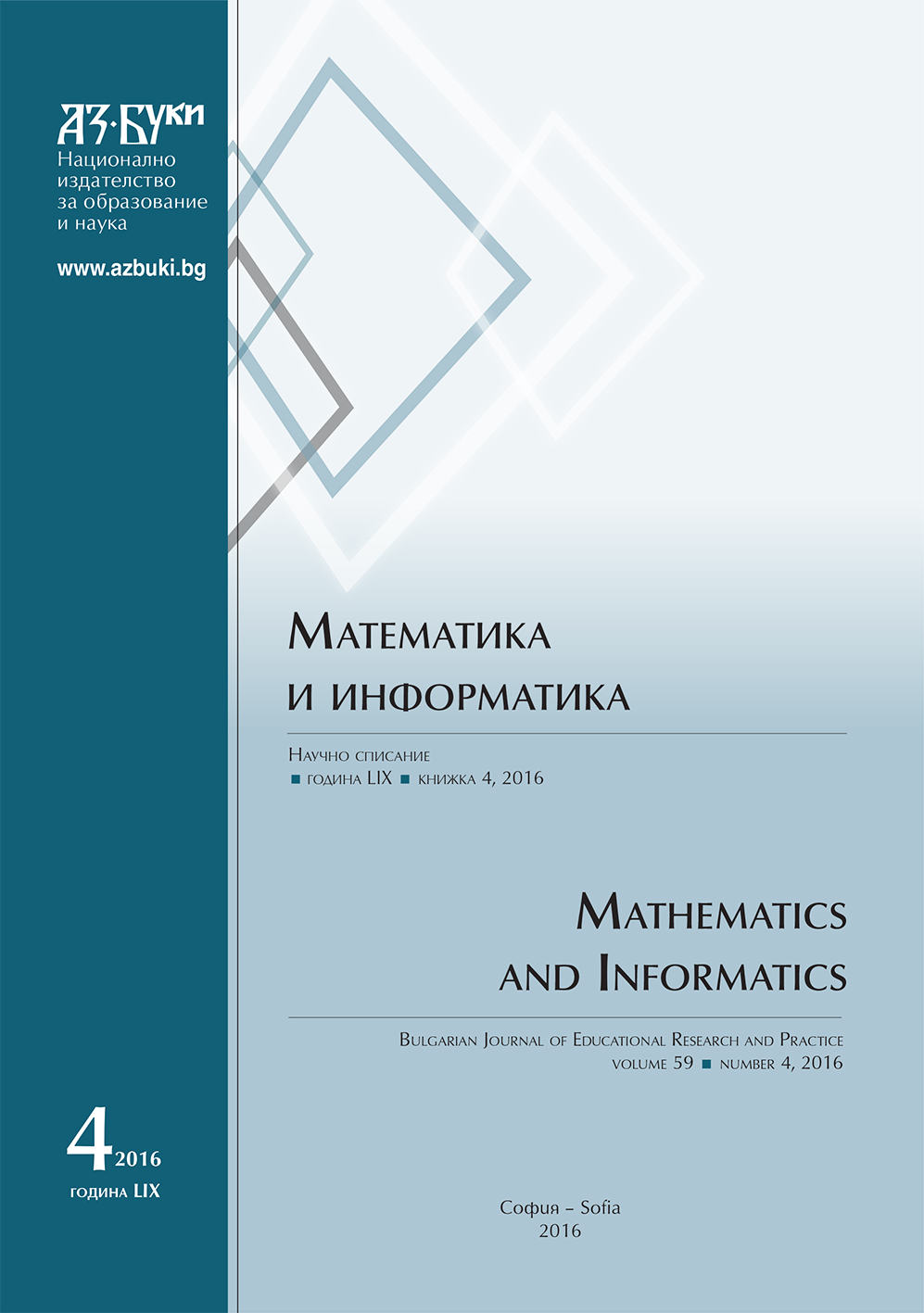
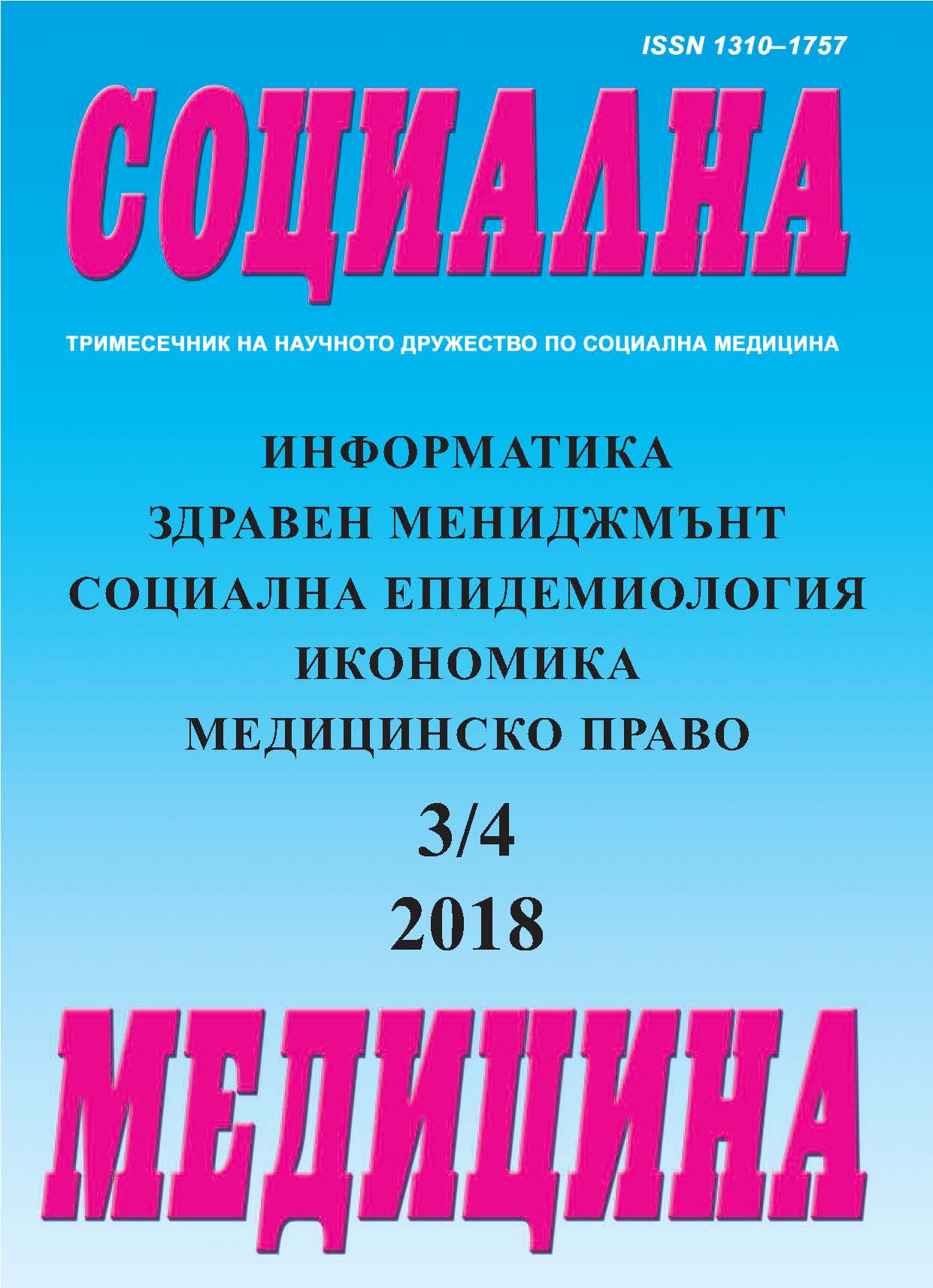

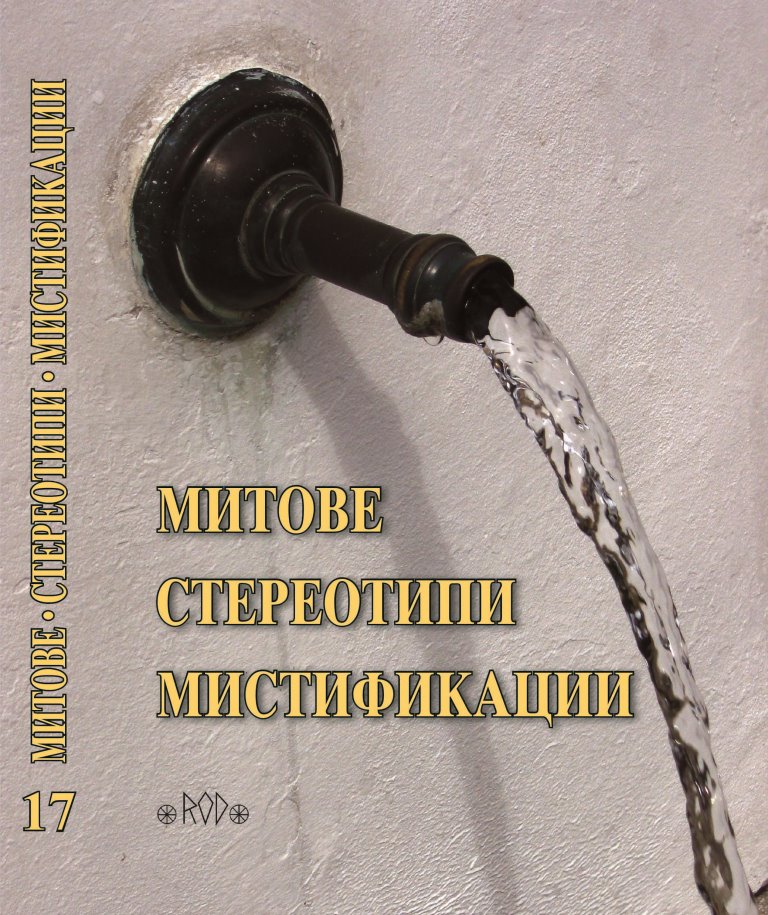
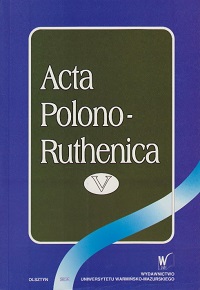

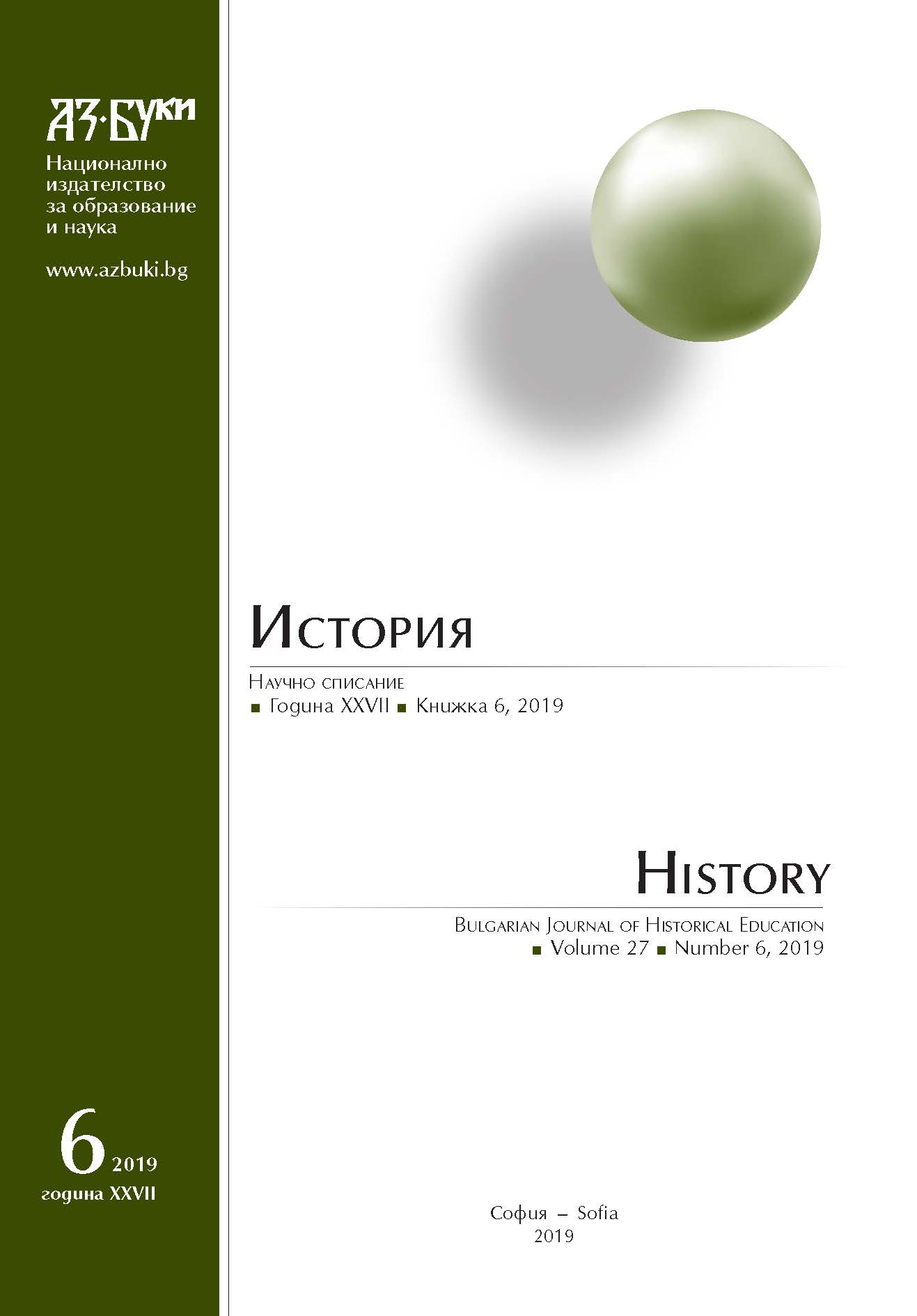
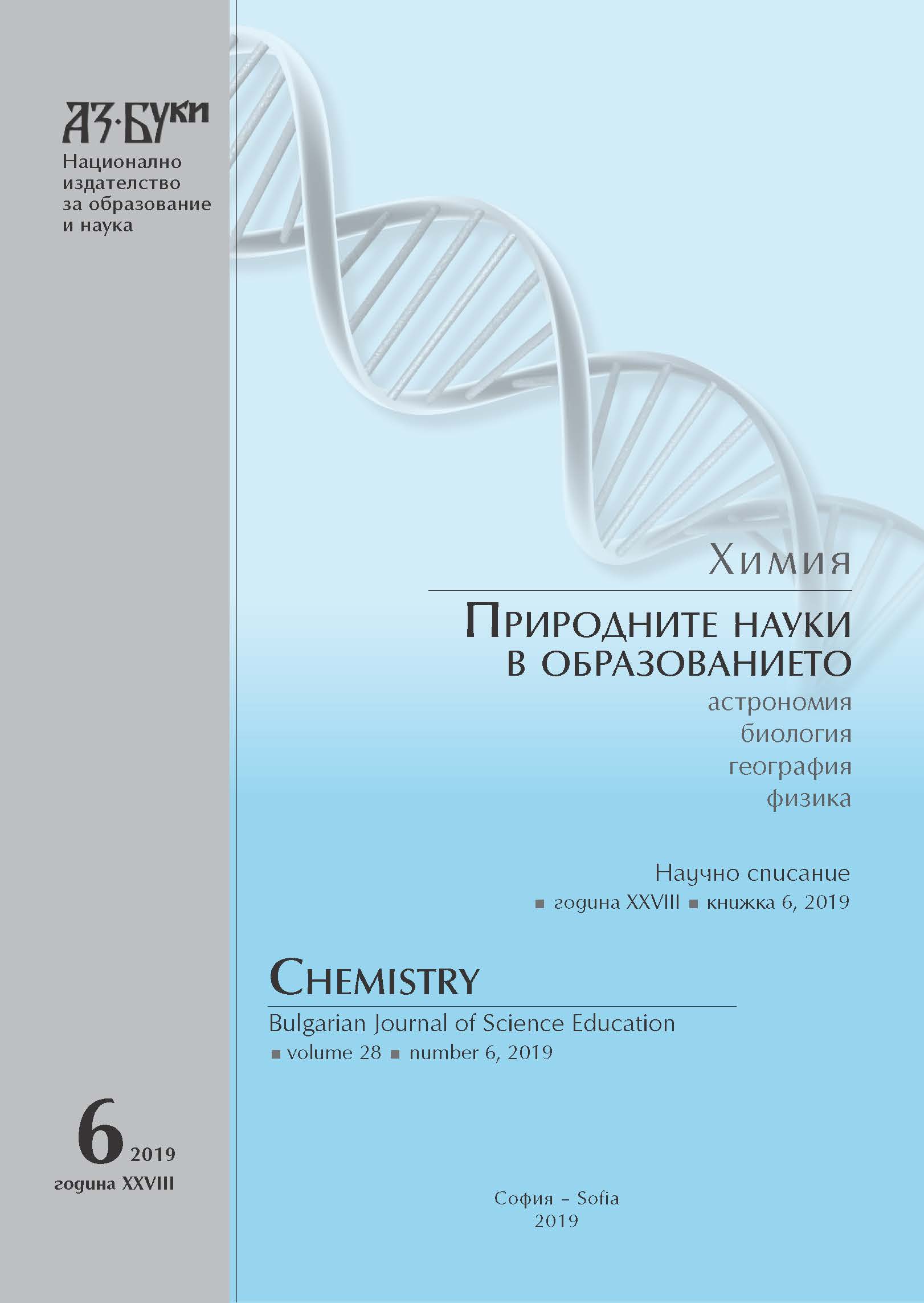

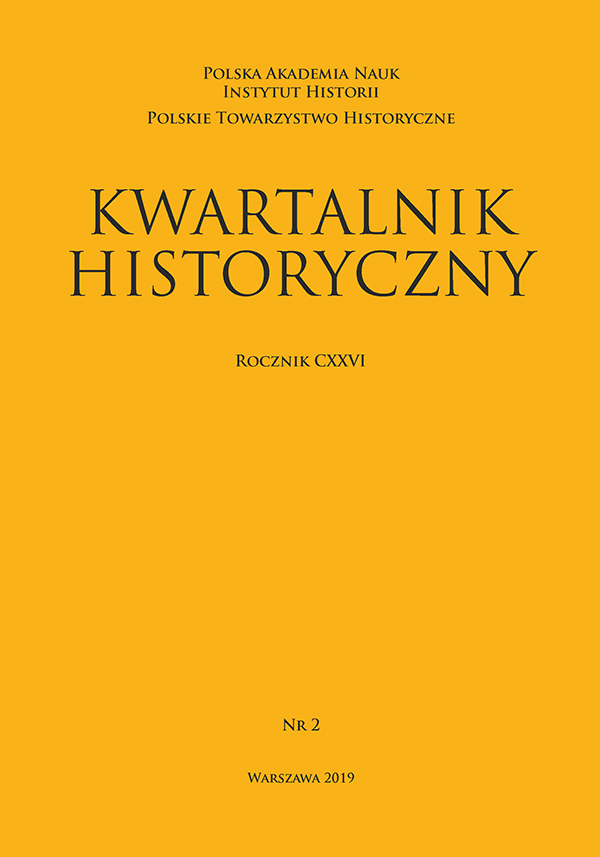
Is fame a valuable problem for historiography, or will it always remain in the domain of marketing experts? The English celebrity history, well-developed in the West, would react with a fervent refusal to any attempts at considering fame being thought ahistorical. This article is a review of three current works pertaining to the problem. Additionally, it attempts to determine whether a Polish historian can use its contents as fair examples of the current trends in celebrity history.
More...
The book of Rafał Smoczyński and Tomasz Zarycki is devoted to a sociological analysis of the space occupied by aristocracy, landed gentry, and nobility in the Polish field of power since the second half of the nineteenth century. It could be regarded as a recapitulation of our knowledge of the role of post-landowning communities in Poland in the twentieth and twenty-first centuries.
More...